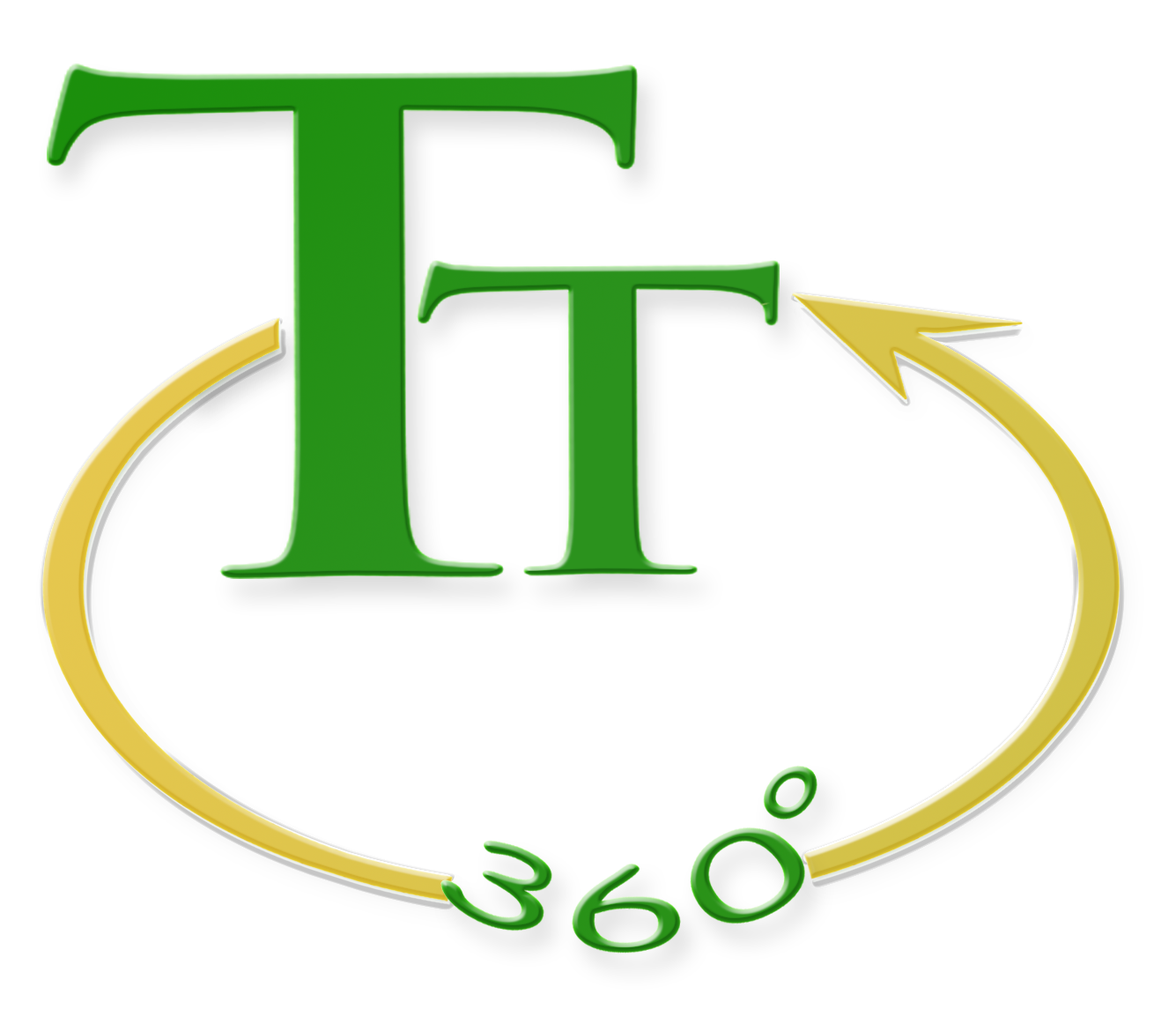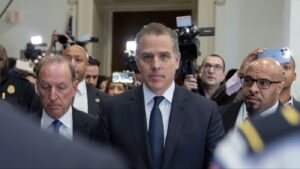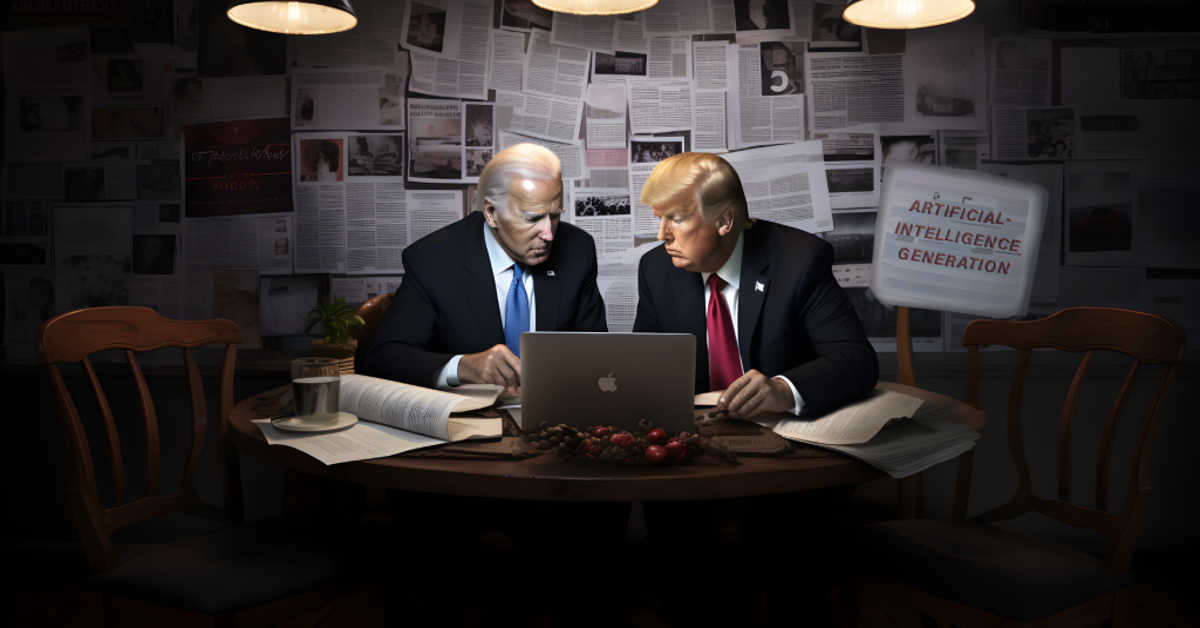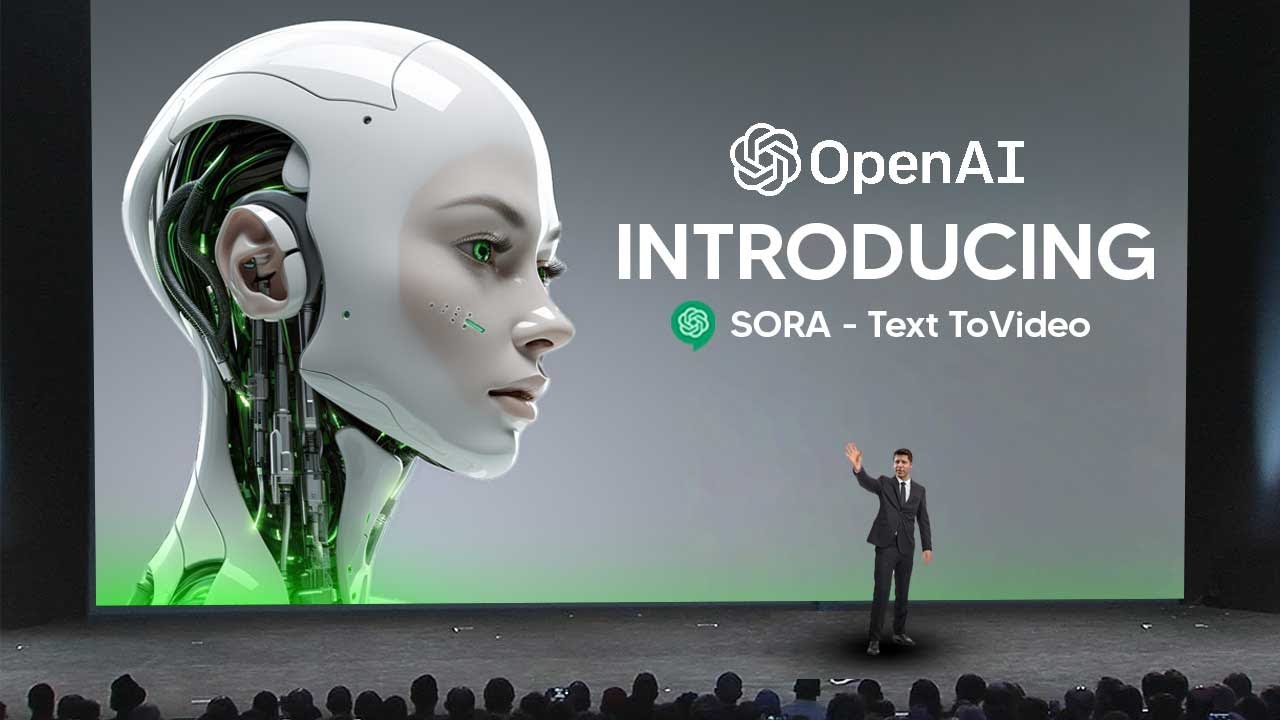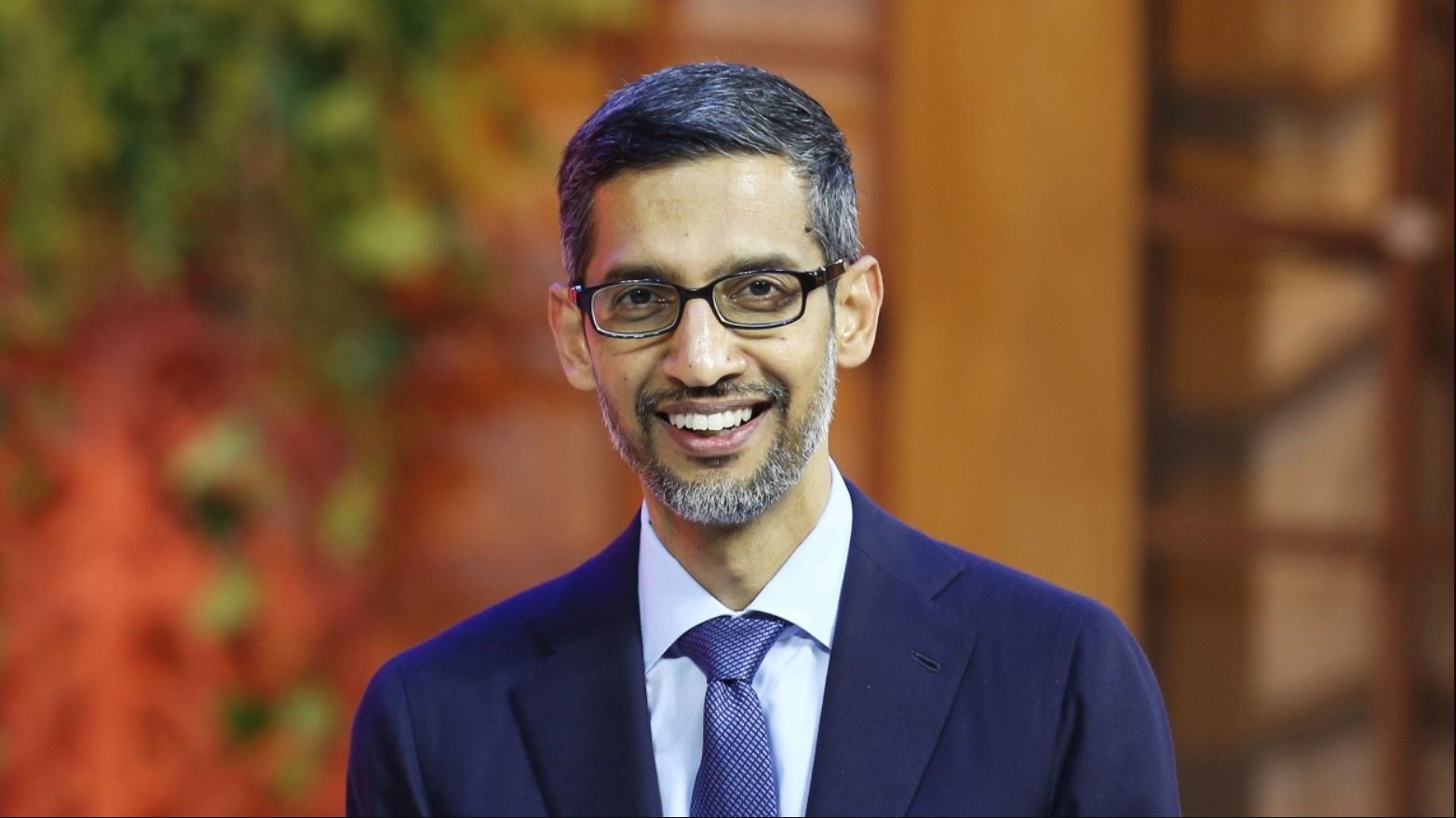Midjourney, an innovative AI image-generating company, ponders a potential ban on political image creation involving Joe Biden and Donald Trump to prevent potential misuse or misinformation during the 2024 US presidential election.
The CEO, David Holz, expressed uncertainty about the company’s stance on political discourse for the upcoming year, suggesting a probable restriction on political imagery, including depictions of the leading presidential candidates, for the next twelve months.

In a discussion with Midjourney users on Discord, Holz hinted at the possibility of refraining from creating Trump images during the election period, acknowledging the aesthetic appeal of such creations.
AI-generated imagery has raised concerns following incidents like the circulation of pornographic Taylor Swift images, prompting calls for stronger protections against AI-generated content.
The origin of these images was traced back to 4chan, a platform associated with the dissemination of controversial material, sometimes involving AI.
Holz’s remarks coincide with efforts by image-generator operators to prevent the creation of questionable content.
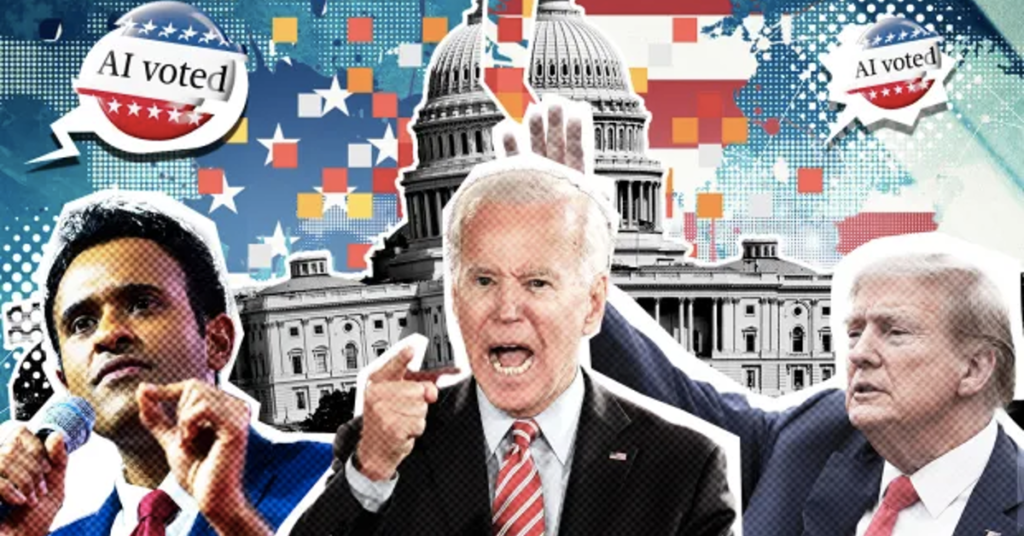
AI’s role in politics has sparked increasing concerns, although discussions about its potential threat to democracy have been criticized for lacking imagination.
While some express concerns about campaigns using fake images to attack opponents, attributing electoral outcomes to AI interventions remains challenging.
Inflection AI announced that its chatbot, Pi, would refrain from advocating for political candidates, emphasizing the need for human involvement in the process.
Meta’s Facebook plans to label posts created using AI tools to combat election-year misinformation, while OpenAI intends to add watermarks to images produced with its platforms to counter political deepfakes.
Protecting the integrity of elections requires collaborative efforts from all corners of the democratic process, with technology companies committed to preventing their tools’ misuse.
OpenAI’s CEO expressed concerns about the potential for AI to produce more sophisticated deepfakes in the future.
A faked audio call attributed to Joe Biden illustrated AI’s potential for political manipulation, prompting regulatory responses like the FCC’s ban on AI-generated voices in robocalls.
The gap between technological innovation and societal readiness to address associated challenges remains a concern, as highlighted by industry experts.
Midjourney’s software has implemented several safeguards against misleading or harmful content, although their enforcement may vary across different software versions.
If Midjourney enforces a ban on AI-generated political images, consumers, including voters, may remain unaware of the change, according to Holz’s remarks.
